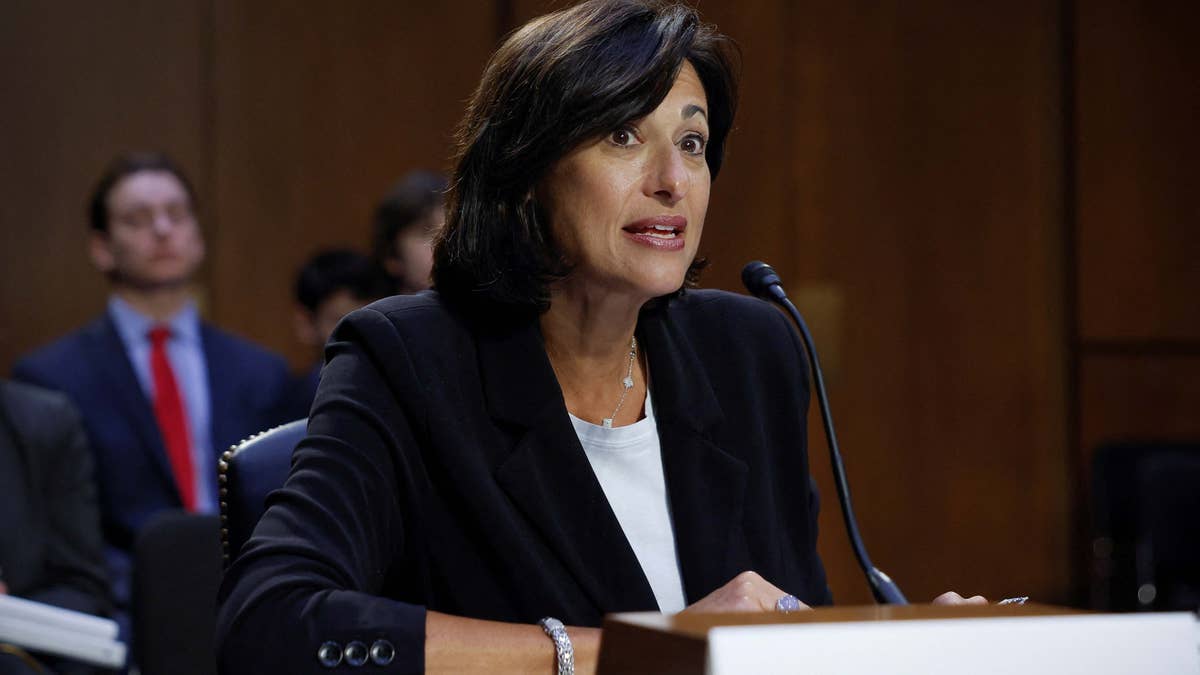Fox News Flash top headlines for September 15
Fox News Flash top headlines are here. Check out what's clicking on Foxnews.com.
U.S. Centers of Disease Control and Prevention (CDC) Director Rochelle Walensky said on Thursday she was cautiously optimistic over a decline in the growth of new monkeypox cases, but that some areas of the country are still experiencing a rise in infections.
She also said during a White House briefing that the agency was taking steps to address racial and ethnic disparities in distribution of monkeypox vaccines.
Nearly 23,000 cases of monkeypox have been identified across the United States as of Sept. 14, Walensky told reporters.
"Over the last several weeks, we've been pleased to see a decline in the growth of new cases here and abroad. There are areas of the U.S. where the rate of rise in new cases is still increasing," she said. "We approach this news with cautious optimism."
The racial and ethnic makeup of the outbreak has evolved over the past few weeks, Walensky said.
CDC is opening applications for a vaccine equity pilot program under which 50,000 doses of Bavarian Nordic's Jynneos vaccine have been allocated to address distribution disparities.

Last week non-Hispanic black men represented 38% of reported monkeypox infections and Hispanic men represented 25%. A stark contrast from the beginning of the monkeypox outbreak where non-Hispanic white men made up most of the cases. (REUTERS/FILE PHOTO)
"While monkeypox cases were first seen predominantly in non-Hispanic white men, in the last week among the cases for which we have race and ethnicity data, non-Hispanic Black men represented 38% of cases, Latino or Hispanic men represented 25% of cases and non-Hispanic white men represented 26%," Walensky said.
Conversely, of the 91% of first vaccine doses administered for which the CDC has race and ethnicity data, white people received about 47% of those shots, Hispanic people got about 20% and Black people accounted for some 12%, the CDC director noted.
"The percentage of vaccines administered to Latino or Hispanic men and non-Hispanic Black men are disproportionately lower than we are seeing represented in cases," she acknowledged.
HERE IS THE GLOBAL STATE OF MONKEYPOX: SUMMER 2022
More than 540,000 doses of monkeypox vaccine have been administered so far, Walensky said. CDC data shows that 80% of those were first doses, but the number of second doses administered has increased over the past several weeks, Walensky said.
Jynneos needs to be given in two doses, four weeks apart, to be fully effective. At a briefing on Aug. 26, Walensky said 97% of shots administered had been first doses.








































